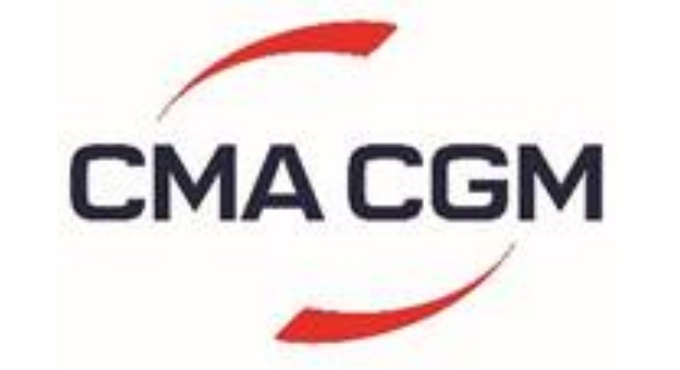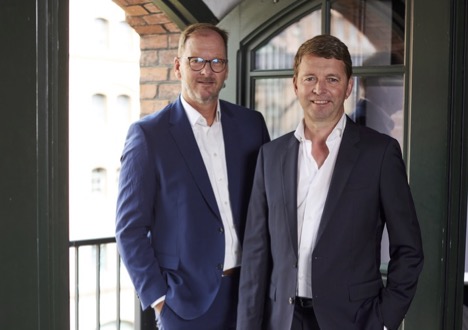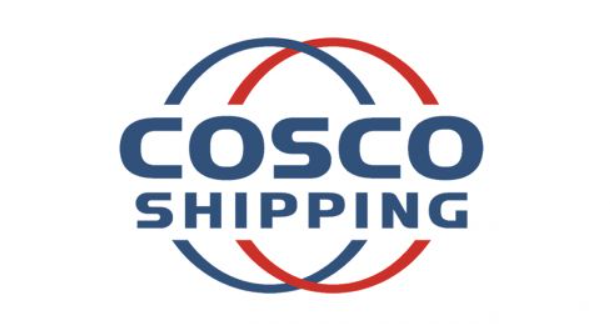|
Accelleron unveiled its maritime decarbonization report at London International Shipping Week (LISW25) today with a call on the shipping industry to join the global hydrogen economy by working with other sectors to pool demand for carbon-neutral fuels.
In its first report on maritime decarbonization, Accelleron’s Deadlock: What’s Stopping Shipping’s Carbon-Neutral Fuel Transition? argues that “viral” efficiency measures such as vessel retrofits and digital solutions across the largest ships in the global fleet should be enough to reach the IMO’s carbon reduction targets for 2030.
But for deeper decarbonization leading to net zero, shipping will need to switch to green hydrogen-based fuels, which today are scarce and prohibitively expensive. Their production is virtually non-existent, despite the fact that the technology to power ships with carbon neutral fuels exists, and moreover, has been backed by major shipowners who have ordered hundreds of new vessels.
Why has the shipping industry reached this impasse? And how to resolve it? Accelleron’s report, using comparative data modelling and extensive insights from dozens of senior executives across the industry, finds that shipping alone cannot solve this problem.
To kickstart ample production of affordable carbon neutral fuels, shipping needs to aggregate demand with other hard-to-abate sectors such as the steel, fertilizer and power-generation industries. Rather than competing for carbon neutral fuels, as many narratives assume, these industries could join forces to transform competition into critical mass of demand, lowering the risk for mega hydrogen projects and allowing them to attract sufficient financing.
This means the fate of shipping is tied to the broader, cross-sector energy transition. It means shipping should view maritime decarbonization through the lens of the fledgling global hydrogen economy.
“It is clear from our research and analysis, and from the contributions of the many stakeholders who were good enough to share their expertise and insights for this report, that reaching net zero is not only about fuels or systems, but about forging a new paradigm of partnership,” Daniel Bischofberger, Chief Executive Officer at Accelleron, wrote in his foreword for the report.
“Fortunately, partnership has always been one of shipping’s great virtues. For thousands of years, shipping has connected cultures, carried science and progress across oceans, and overcome impossible odds through pragmatism, determination, and solidarity. As an industry, we have already proven, in a relatively short time, that we can prepare our global fleet for a decarbonized world. Now, it is time to partner with other sectors to secure the fuels we all need to carry us, finally, to that net zero shore.”
The report finds:
Accelleron hopes that its contribution to the decarbonization debate in the form of this report will help galvanize action. As the backbone of global energy and trade, shipping can become a driver of the global energy transition, rather than a passenger.
Accelleron presented its report, which is attached, at London International Shipping Week on Sept 16th followed by a lively stakeholder dialogue with shipping and energy leaders.
|
|
|
|
|
|
|
|
|
|
|
|
|
|
 |
|
|
From left to right: Moderator Martin Crawford-Brunt, Chief Executive Officer, Lookout Maritime, and Council Member, Baltic Exchange with panel members Patrick Verhoeven, Managing Director, International Association of Ports and Harbors; Mark Simmonds, Director of Policy and External Affairs, British Ports Association; Isabelle Ireland, Head of Operations, Intercontinental Energy; Matt Dunlop, Group Director, Sustainability & Decarbonization, V. Group; Strategic Partner, Secondee, Mærsk Mc-Kinney Møller Center for Zero Carbon Shipping and Christoph Rofka, President, Medium and Low Speed, Accelleron.
The opinions expressed herein are the author's and not necessarily those of The Xinde Marine News.
Please Contact Us at: media@xindemarine.com |






